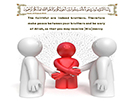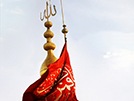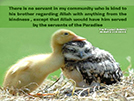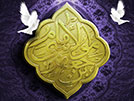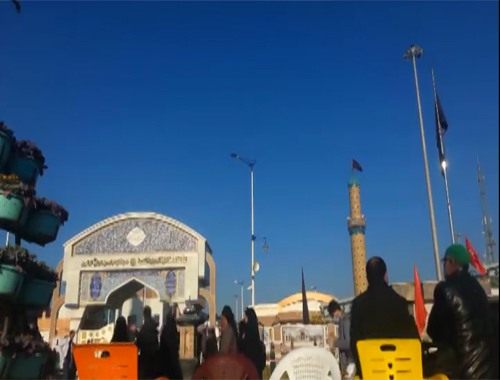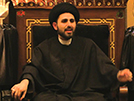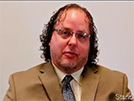Divination or Kahanat, Soothsaying
- Details
- Hits: 2850
Divination or Kahanat, Soothsaying
To predict future events is known as divining and when the prediction is made on the knowledge obtained through some groups of Jinns it is known as Kahanat. (However we shall use the word soothsaying as an equivalent of Kahanat). Kahanat pertains to the prediction of future with the help of special knowledge. For example, the soothsayer may be adept at guessing the words of the enquirer or his private affairs etc. According to the author of Nihaya this kind of soothsayer is known as ‘Ä€rÄf’ but according to the majority of scholars a soothsayer is the one who predicts with the help of Jinns. The Jinns inform him of hidden matters. For example, he might be able to find where a stolen thing is hidden or who is the thief, or who is the murderer of a particular person. All the jurists are unanimous in their opinion that ‘Kahanat’ or soothsaying is HarÄm. Just as it is HarÄm to learn, teach, perform magic, in the same way it is HarÄm to learn soothsaying, to act upon the advice of a soothsayer and even to go for advice from a soothsayer. Some scholars maintain that soothsaying is a kind of magic.
Imam Sadiq (a.s.) says:
“One who divines or the one who goes to a soothsayer for divination, (both) have renounced the religion of Muhammad (S).”
(KhisÄl)
Janabe Haitham enquired from Imam Ja’far as-Sadiq (a.s.), “There is a person we know who informs about stolen property etc. Is it permitted for us to seek his advice?”
The Holy Imam (a.s.) said,
“The Messenger of Allah (S) has mentioned that one who goes to a sorcerer, a soothsayer or a liar and testifies to what he says has become an infidel in the light of all the divine books revealed on Allah’s Messengers.”
(Makasib Muharrama of Shaykh Ansari)
The Shaykh comments that according to this tradition, informing about the hidden matters is HarÄm; whether through divination or otherwise. However, if someone guesses and conjectures or doubts; it is allowed. Imam Ja’far as-Sadiq (a.s.) considers soothsaying a prohibited profession and also considers it earnings HarÄm. Amir ul-Mu’minÄ«n ‘Ali (a.s.) is also recorded to have mentioned a similar tradition.



